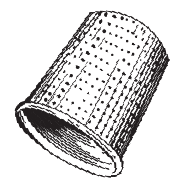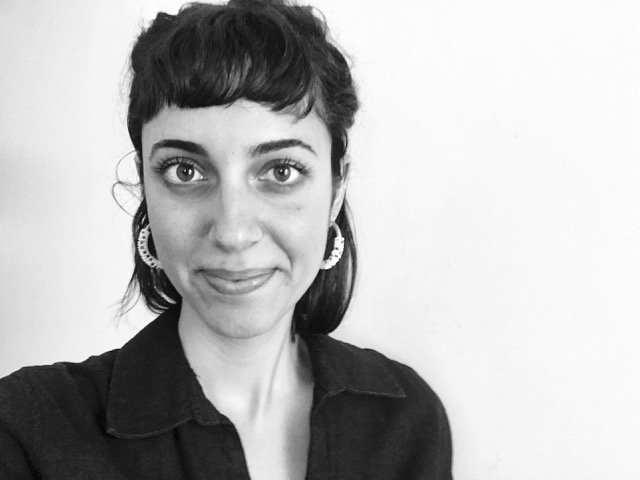7 a: humankind’s original or natural condition
b: a simplified mode of life resembling this condition
This language takes tautology as definition. Nature = a natural condition for mankind. [Sic] the whole statement. The language our land’s laws rest on, empty.
When Europeans arrived, North America was “legally” empty. How so? A salvage race of men—salvage, people of the sauvage, or forest—didn’t cultivate the land with their own labor, but merely “used the fruits.”
[Sic] the whole statement.
Settler’s “providence” = the new world formed for settlement by a God, beneficent. Left alone (with Others) it was full of disorderly, useless wilderness. But how to [sic] it all, in thought, action, and language?
*
If only it were that easy to edit history, to edit it on the page. “What did literature ever do for you?” asks an article, and I think of a question posed by a different essay: Does literature’s personal testimony leave you alone with your grief, or does it tie you to something wider, something larger, something other than you, pronoun, bound down and alone? All my letters are stretching their necks, trying to see. Their palms ache for your hands, for holding.
*
As if your life depended on it—
“I don’t like her strident tone,” a student told me after we read this essay by Adrienne Rich. “It seems like she just wants to tell you what to do.”
What to make of this statement? Rich tells us to write and read like our lives depend on our language. Must she make her voice softer on the page too? Perhaps I’ve spilled too many words already. Perhaps no one will listen unless I whisper.
*
The flowers whisper; the violet morning glories of summer, fat trumpets on their vines, have withered out. Had I not faced them daily from my desk at the window, from this position in the frame, would I have heard their song? “Poetry is a way of reading,” a poet told me.
I am learning how to hear what’s on the page, behind the words, behind the rage. To ask who lives on what land, and what binds the paper’s wood and fiber, and what hands hold ink and glue, lithium and plastic.
A theory, again: Poetry teaches you not how to speak, but how to listen.


